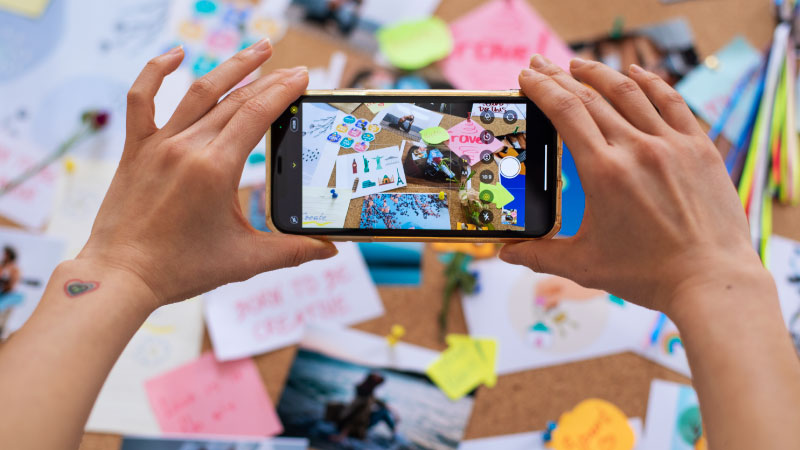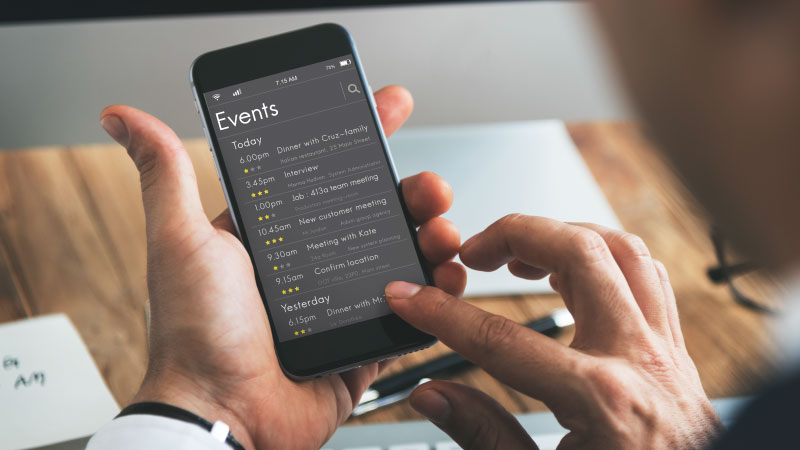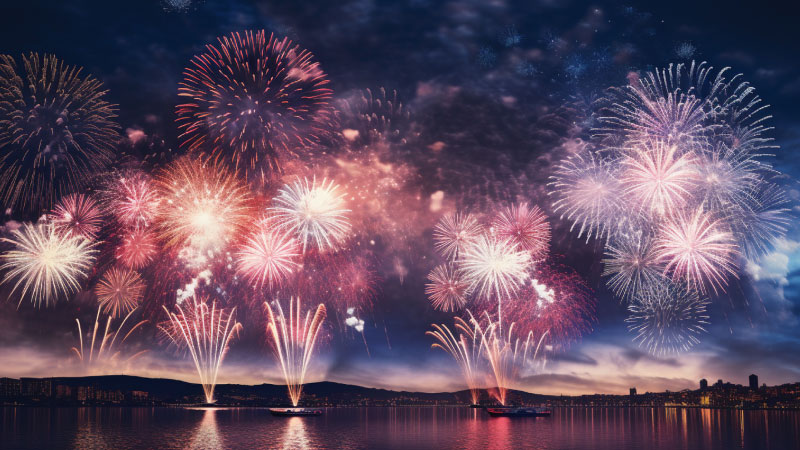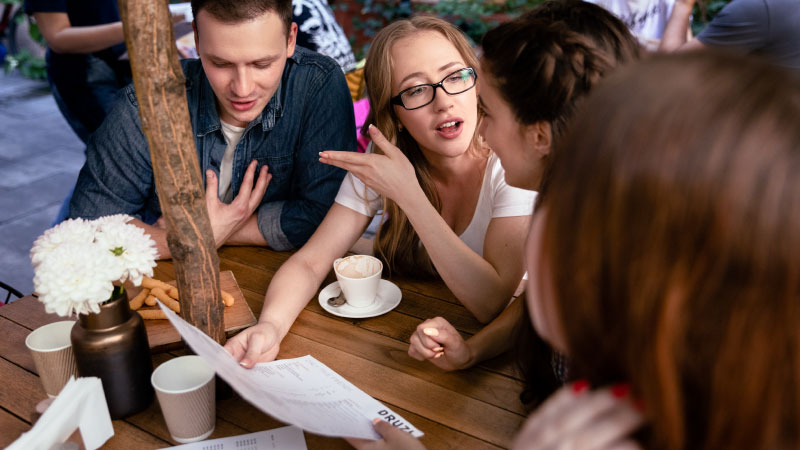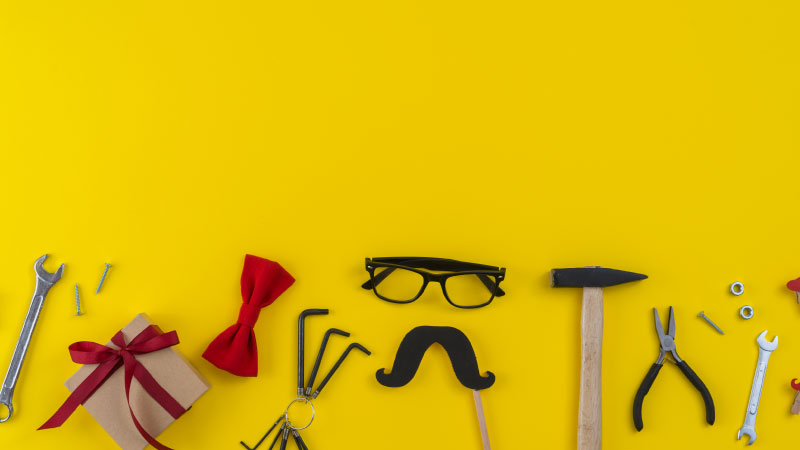Promoting events on social media is an essential strategy in today’s digital landscape. The right platforms can significantly boost visibility, engagement, and attendance. However, with so many options available, choosing the best platform can be challenging. This article explores the most effective social media platforms for event promotion, offering insights into their strengths and how they can be leveraged to maximize event success.
![]()
1. Facebook: The Powerhouse of Event Promotion
Facebook remains one of the most robust platforms for event promotion. With over 2.9 billion monthly active users, it offers unparalleled reach and targeting capabilities. The platform’s event creation feature is particularly valuable, allowing organizers to create dedicated event pages where users can RSVP, share, and invite friends.
- Event Pages: Facebook event pages serve as a hub for all event-related information, including dates, times, locations, and ticketing links. Organizers can also post updates, interact with attendees, and build anticipation through photos and videos.
- Facebook Ads: The platform’s advanced advertising options enable precise targeting based on demographics, interests, and behaviors. This ensures that promotions reach the right audience, increasing the likelihood of attendance.
- Groups and Communities: Engaging with relevant Facebook groups can amplify event visibility. Sharing event details in groups with a similar focus or interest can drive more targeted traffic.
2. Instagram: Visual Storytelling for Events
Instagram is a visual-centric platform that excels in building excitement through imagery and video content. With over 1.3 billion users, it’s ideal for creating a visual narrative around an event.
- Stories and Reels: Instagram Stories and Reels are perfect for sharing behind-the-scenes content, teasers, and live updates. These features allow for real-time engagement and can generate buzz leading up to the event.
- Hashtags: Utilizing event-specific hashtags can enhance discoverability. Attendees and potential attendees can follow the hashtag to stay updated on event news.
- Influencer Partnerships: Collaborating with influencers who align with the event’s theme can broaden reach and add credibility. Influencers can create content, share posts, and engage their followers to drive interest.

3. LinkedIn: Professional Networking and B2B Events
For business-related or professional events, LinkedIn is the go-to platform. With a user base of over 900 million professionals, LinkedIn is particularly effective for conferences, seminars, and B2B events.
- Event Pages: Similar to Facebook, LinkedIn allows for the creation of event pages where professionals can RSVP and share the event with their networks.
- LinkedIn Ads: LinkedIn’s advertising platform offers targeting based on job title, industry, and professional interests, making it ideal for reaching a specific professional audience.
- Content Sharing: Posting regular updates, articles, and videos related to the event on a company’s LinkedIn page can help establish thought leadership and generate interest among professionals.
4. Twitter: Real-Time Engagement and Hashtag Campaigns
Twitter’s real-time nature makes it an excellent platform for live event promotion and updates. With around 353 million monthly active users, it’s a powerful tool for generating conversation and engagement.
- Hashtags: Twitter is the birthplace of the hashtag, and it remains a central feature of the platform. Creating a unique event hashtag can help track conversations and encourage attendees to tweet about the event.
- Live Tweeting: During the event, live tweeting key moments, quotes, and insights can engage both attendees and those who couldn’t attend, fostering a broader conversation.
- Twitter Chats: Hosting a Twitter chat before the event can build momentum and provide a space for potential attendees to discuss relevant topics, ask questions, and network.
5. TikTok: Capturing a Younger Audience
TikTok has rapidly grown in popularity, particularly among younger audiences. With over 1 billion active users, it’s a platform that event organizers can’t afford to ignore, especially for events targeting Gen Z and Millennials.
- Short-Form Videos: TikTok is all about creativity and engagement through short-form videos. Event organizers can create fun, engaging content to generate buzz, such as challenges, behind-the-scenes looks, or teasers.
- Viral Trends: Participating in or creating trends related to the event can increase visibility. TikTok’s algorithm favors content that resonates with its audience, which can lead to viral success.
- Influencer Marketing: Similar to Instagram, TikTok influencers can play a crucial role in promoting an event. Their endorsement can drive significant engagement and attendance.
6. YouTube: In-Depth Content and Streaming
YouTube, the world’s second-largest search engine with over 2 billion logged-in monthly users, is ideal for more in-depth content and live streaming. It’s a platform where long-form content thrives, making it suitable for webinars, conferences, and educational events.
- Event Trailers: Creating a professional event trailer or promotional video can generate excitement and provide detailed information about the event.
- Live Streaming: YouTube Live allows for high-quality streaming of events, making it accessible to a global audience. Live streams can also be archived for future viewing, extending the event’s life.
- Content Series: Leading up to the event, organizers can create a series of videos covering topics related to the event, speaker interviews, or sneak peeks, keeping the audience engaged.

7. Pinterest: Inspiring Ideas and Visual Planning
While not the first platform that comes to mind for event promotion, Pinterest is invaluable for events centered around creativity, design, or lifestyle. With over 450 million active users, it’s a platform where users seek inspiration and ideas.
- Event Boards: Creating Pinterest boards with themes related to the event can attract users who are interested in those topics. For example, a wedding expo could have boards for wedding decor, dresses, and planning tips.
- Promoted Pins: Pinterest’s advertising options, including Promoted Pins, can target users based on their interests, increasing the visibility of event-related content.
- Collaborative Boards: Organizers can create collaborative boards where attendees can contribute their ideas, fostering a sense of community and engagement before the event.

